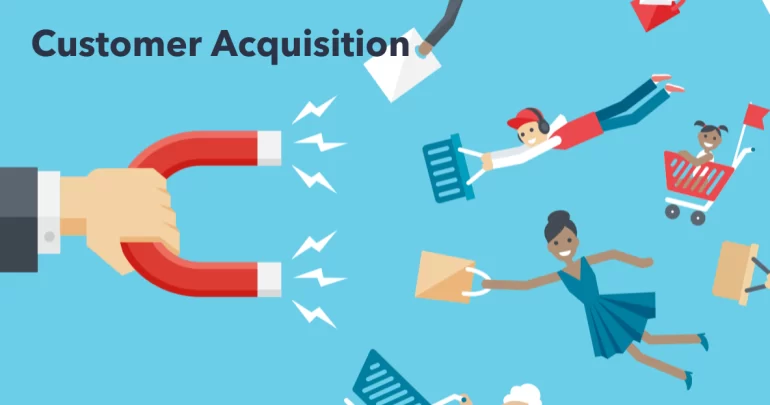In the present digital age, businesses in Tampa, as somewhere else, depend vigorously on innovation to work productively and remain competitive. Tampa Managed Service Provider assumes a critical role in supporting these businesses by offering proactive administration and upkeep of their IT system.
Expertise and specialization
IT service providers offer specific skills that might be of some value. They utilize talented experts who stay refreshed with the most recent innovative patterns and best practices. This mastery guarantees that businesses get excellent IT backing and arrangements custom-made to their particular requirements, whether it’s cybersecurity, distributed computing, networking the executives, or programming mix.
Cost Efficiency
Re-appropriating IT services to a managed specialist co-op (MSP) can be more savvy than keeping an in-house IT division. Businesses in Tampa benefit from unsurprising month-to-month costs and stay away from the costs related to recruiting, preparing, and holding IT staff. IT services likewise assist with limiting free time and potential exorbitant IT crises through proactive monitoring and upkeep.

Enhanced security and compliance
Cybersecurity is a top worry for businesses, everything being equal, particularly with the rising recurrence of digital dangers and information breaks. IT services providers in Tampa offer powerful security arrangements, including danger location, information encryption, firewalling the board, and compliance with industry guidelines. This guarantees that businesses’ sensitive data and client information stay safeguarded against developing digital dangers.
24/7 Monitoring and Support
Business activities in Tampa frequently stretch out past traditional available time. IT service providers offer day-in and day-out monitoring of IT frameworks and nonstop help. This proactive methodology permits MSPs to recognize and resolve likely issues before they raise them, limiting interruptions and guaranteeing business continuity.
Scalability and flexibility
As businesses in Tampa develop and advance, their IT needs change in like manner. Managed IT services providers offer versatile arrangements that can adjust to the business’ size and necessities. Whether it’s extending the foundation, coordinating new innovations, or supporting distant labor forces, MSPs furnish adaptable IT arrangements that line up with business objectives and development systems.
Tampa Managed Service Provider is irreplaceable accomplices for businesses in Tampa trying to use innovation successfully while keeping a competitive advantage. From master IT backing and cost productivity to improved cybersecurity and scalability, MSPs offer far-reaching arrangements that address the different IT needs of present-day businesses. By re-appropriating IT the board to a believed supplier, Tampa businesses can zero in on their center tasks and vital initiatives, certain about the reliability and security of their IT framework.









